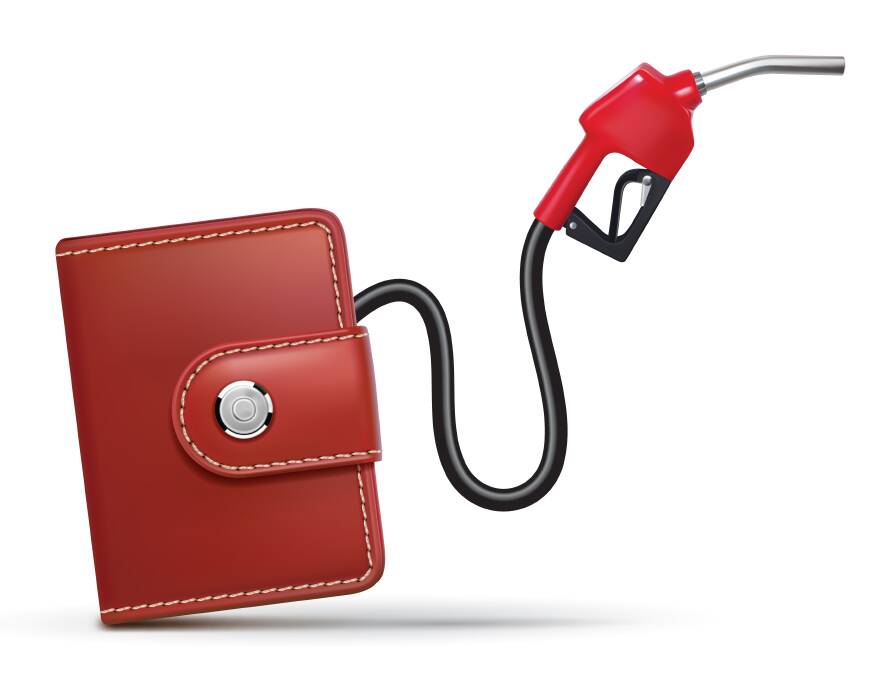
Let's start by acknowledging that the people of Ukraine have fled their homeland and suffer from yet another war because their biggest neighbour is extremely opposed to their ties with the west and doesn't believe their nation should exist to begin with.
OK. With that in perspective, it won't have escaped your attention that the price of vehicle fuel went up in March (although it still remains way less expensive than in the UK).
The price of fossil fuels at the pump is only partly related to the price of crude oil, but that is a major factor. Its price is lower when there's an over supply, and higher when there's an under supply.
After government and public pressure precluded many from buying Russian oil (eventually; Shell's greed didn't stop them in early March), the west's daily supply was reduced below demand. Therefore, high prices should be discouraging us from using any more petroleum than we absolutely have to.
So not just for the sake of our personal finances, but also to avoid the alternative of rationing (ask someone from the '70s how much fun that was, or the UK what its 2021 shortages triggered by a lack of truck drivers was like) how can we use less petroleum, both in the short term and the long term?
For the fuel you must buy, use a price-check app. Also aim to fill up on the cheaper days (different areas may have a weekly, fortnightly, or some other pricing cycle).
Buy everyday items in bulk. Don't hoard for the sake of it, but don't buy so little that you need to keep going out for yet another drive to get the things you know will keep, and you know you will continuously need.
A poorly tuned vehicle uses more fuel than it should, so ensure that it continues to be serviced properly and regularly.
Choose a more fuel-efficient vehicle. If you cover any sort of distance and don't use a turbo diesel, a decent (probably plug-in) hybrid, or perhaps an LPG conversion (with a good electronic closed-loop control system for acceptable efficiency), then what are you doing? Also note that the total weight has much more of an influence on fuel use (and overall performance) than the engine capacity, so don't drive something any bigger than you need to. And don't carry any more weight around than you have to.
Consider a motorcycle or scooter, and be considerate and hyper-aware of those who do use one. I can't believe these things are still legal in an era when cars are required to have so many safety features, but they are. Entire countries are built on the premise that these are a cheap and efficient way for the masses to travel on a daily basis.
Support, even demand, the widespread availability and capacity of public transport, whether you're a commuter or a student. Tasmania even introduced a five-week trial of free bus travel to help with living costs.
Live near to where you work. If accommodation in the same area is too expensive to have a home the size you need or want, and you really can't do that type of job for someone in a more affordable location (because otherwise you'd just move and take that other job), then rent a room, and return to your region of choice on your days off. This is normal in expensive cities like London.
Go keto. Not joking. And I've said this before. The more sugary and starchy junk you insist on buying, the more you keep it economically viable to fill supermarkets with that ghastly fattening cancer-feeding rubbish rather than using these crops (and that land) to produce biofuel domestically, which would have reduced our reliance on imported petroleum products and eased the pressure on prices at the pump (as well as prices for the real foods you should be eating).
Also consider carefully who you vote for, in any election. If history demonstrates that their intention has always been to keep us beholden to the supply of fossil fuels for as long as possible, then are they really doing things in the interest of all Australians?

